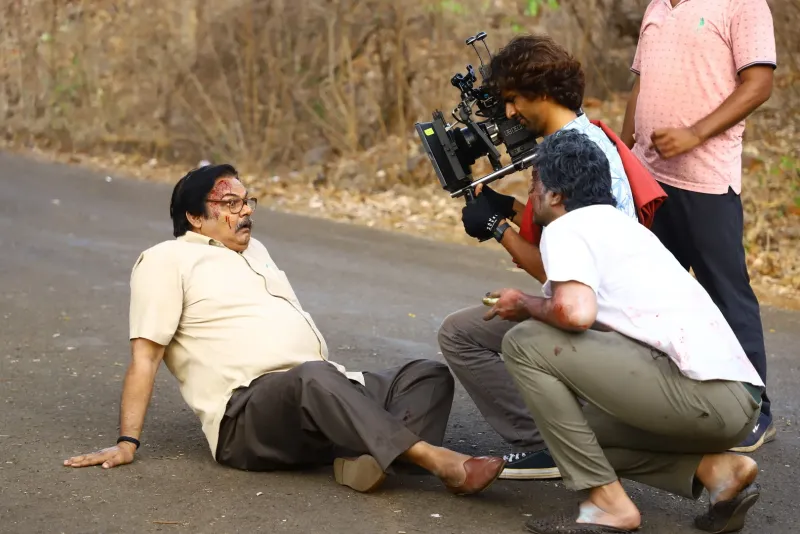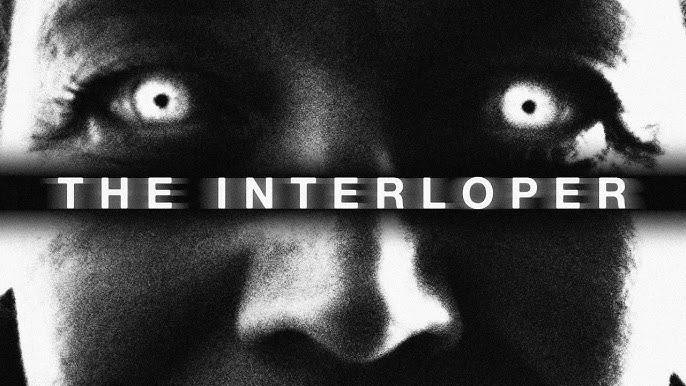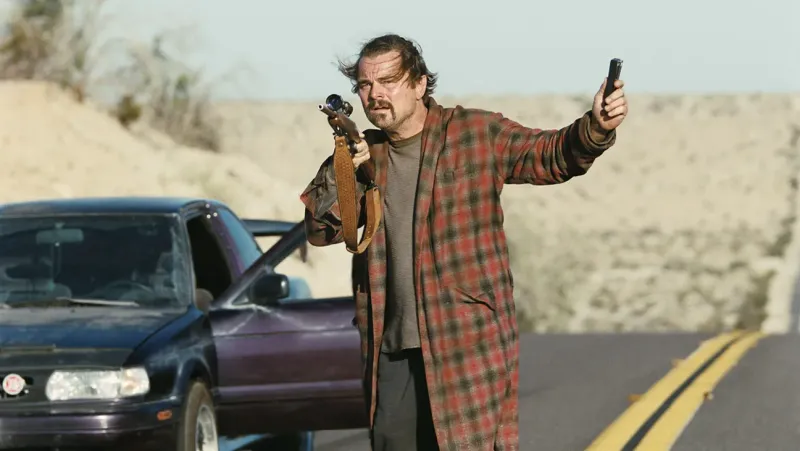She chit-chats with him, both being awkwardly polite, but it's a pleasant conversation after she apologizes for not returning his messages. But when the train gets stuck, things get... awkward. Really, really awkward, as the pair hash out exactly why Demi ghosted him in the first place. Written and directed by Rhys Aaron Lewis, this short could conceivably fall under the umbrella of romantic comedy. But it's not the warm, fuzzy comedy you'd expect from the genre: instead, it's the awkward, almost cringe kind found in deconstructing the peccadilloes of dating life. In this case, it's the way that communication makes it easy to connect and stay in touch -- and just as easy to disconnect without accountability. Shot with a dynamic, naturalistic eye that captures the energy and restlessness of the modern city, the film seems like the portrait of an ordinary day in the life of a typical young woman living in London. She enters the shared social space of the subway car, where she observes the convention of offering her seat to an elderly man but also tries to fend off the silent signals of waggish romantic interest from a man standing near her. There's no dialogue, yet, but the storytelling is excellent at constructing the ad-hoc communities that come and go on public transportation's close proximity. But the real drama comes when Demi's former date enters the car, leading to a moment of mortification. But, all things considered, it goes well after she offers an apology for not returning Patrick's messages, and both seem to fall into an easygoing conversation.

Actors Neetika Kurup and Adley Lewis as the potential couple manage to be both individually interesting and specific and "vibe" off one another, but also show how their chemistry is a bit like oil and water. They're simply two people going about their lives, who intersected at one point but didn't go forward together. On any other day, they would bid adieu and go their separate ways, but when the train is delayed, "Ghost Train" builds up to a brutally funny crescendo, where the forced proximity forces a more painfully honest conversation, where things that we often avoid saying must be said. There's great situational humor in how the rest of the passengers pipe in with their own opinions on Demi and Patrick's predicament, almost like they're collectively watching their favorite show together. But the heart of the scene is essentially someone being held accountable for their ghosting and then saying a deeply uncomfortable truth they tried to avoid with their ghosting in the first place. The storytelling balances both sides of the situation, where we see the pain of being left in the lurch with uncertainty -- but also why such a social custom, as annoying as it is, exists. There's a time and a place for grown-up, responsible communication -- and also a time when silence might be kinder, as much as it lets us off the hook.



